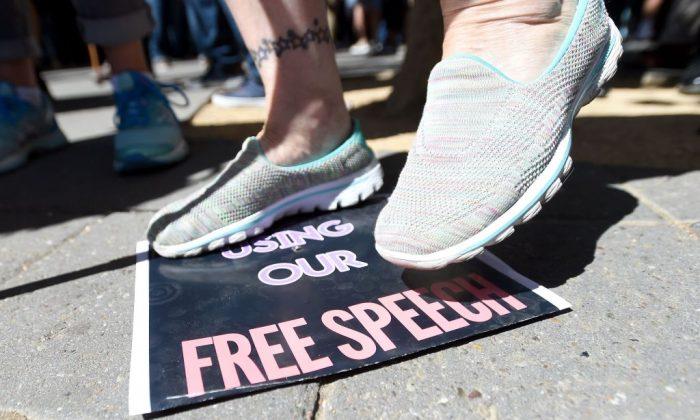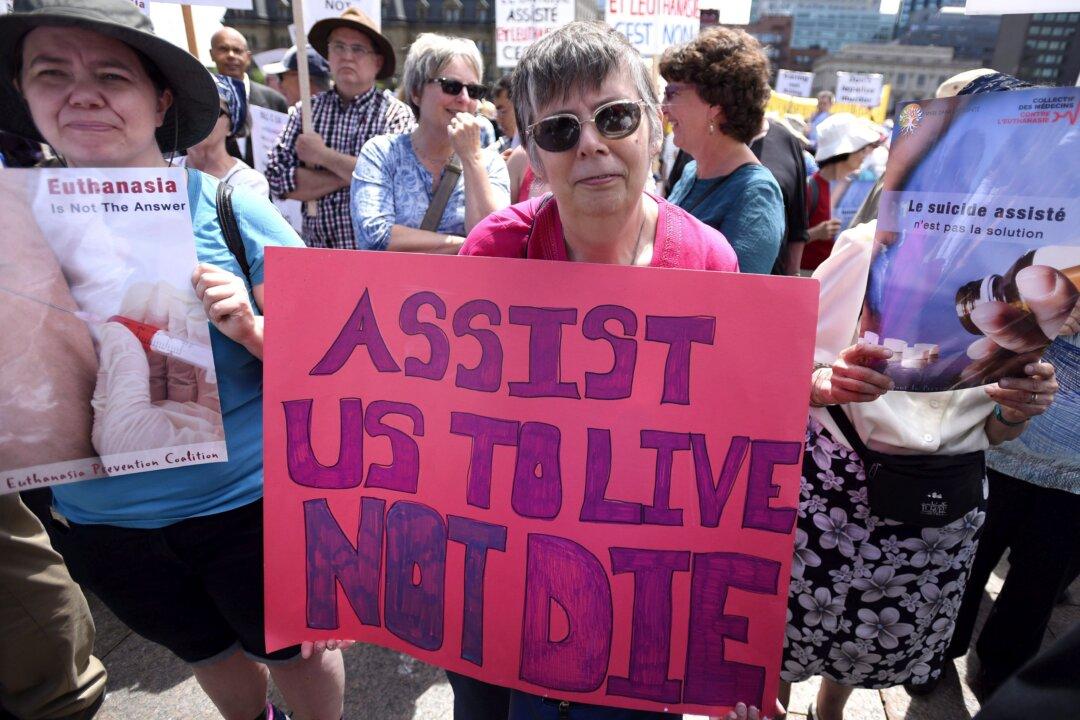Commentary
Since lockdowns were imposed in March 2020, federal and provincial politicians (along with unelected bureaucrats) have violated Canadians’ constitutional rights and freedoms. Judges have often overlooked or even endorsed these abuses. However, courtrooms are not the only places where people can and should advocate for their Charter rights. This election gives Canadians an opportunity to elect candidates who understand and truly appreciate the principles of our free society.





